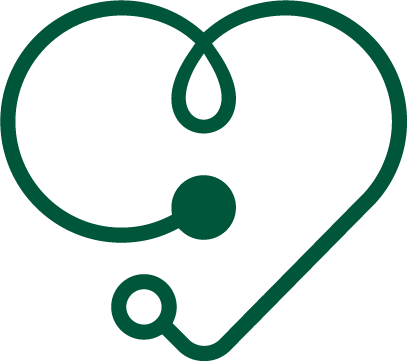Sadly, we’re now living in a world where climate change is a very real threat to the planet we all live on. Increasing global temperatures, rising sea levels, melting polar ice caps, droughts, deforestation, species extinction and food shortages are all attributed in some way to climate change.
When it comes to our diet, we know that to look after our own health, we should eat more fruits, vegetables, wholegrains and lean protein sources, than processed, hight fat, salt and sugar foods. But what about looking after the health of our planet?
It turns out, we can help the planet just as much as ourselves by eating healthy foods!
One of the most impactful things we can do to reduce our own individual carbon footprint and its effect on climate change is to reduce our consumption of meat and dairy. Eating more plant based foods and less meat, fish and dairy isn’t just good for our health, it’s good for the health of the planet too.
Eating fish often seems like a less environmentally damaging thing to do, which it is, when compared to the carbon footprint of the meat and dairy industries. But large scale fishing is responsible for much of the plastic found in the oceans from discarded nets and trawling equipment (it’s often cheaper to leave tangled nets behind and buy new ones, rather than removing them from the waters and fixing them). Also, it’s thought that three quarters of the world’s fisheries are exploited and over fished.
So, what’s the answer? Eat more plants! Plant based foods are varied and exciting, not bland and dull. Of course, fruits and vegetables are plant based foods, but you can also enjoy all manner of beans, legumes, nuts and seeds. You can add herbs and spices for flavour and look out for meat alternatives made from mushrooms, soya, jackfruit and pea protein.
It’s completely possible to get all the nutrients you need on a plant based diet, even on a full time basis. It just might take a little extra thought and research but there are so many online resources, forums and communities that will help.
You don’t have to be radical and turn completely vegan overnight, or at all, to have an impact. Reducing your intake of animal products gradually, or sticking to something like Meat Free Mondays will significantly reduce your impact, whether your goal is to become completely plant based or not.
With the rise in plant based diets and veganism, shops, supermarkets and restaurants are all adding more and more plant based options to their shelves and menus, making things much easier. There aren’t many dishes that can’t be ‘veganised’ including burgers, sausages, pizzas, pies, curries, stews, pasta bakes, chilli and much, much more. Nowadays, where there’s a food, there’s an innovative food company or start up that’s invented a plant based alternative that’s not only better for your health, but the health of the planet too.
Embracing a new world of delicious, nutritious, exciting plant based foods doesn’t have to mean you do it full time. Choose one or two days a week where you avoid all animal products including all meat, fish, dairy and eggs. You can also choose to avoid honey, which is technically an animal product. Fill up on fruits, vegetables, nuts, seeds, beans, chickpeas, lentils and soya based products.
It’s also fun to experiment with plant based recipes and cookbooks, to discover new ingredients you may never have cooked with or eaten in the past.
As custodians of Planet Earth, it’s up to all of us who can to make small changes in the way we live to help slow down the impact of climate change. Because together, these small changes will lead to a cumulative, significant change.
But importantly, aim to reduce your carbon footprint by choosing locally produced, seasonal produce whether that’s animal or plant based food. Doing so reduces your ‘food miles’ – the carbon emissions associated with importing food from around the world. And you’ll be supporting your own health too, and who can say fairer than that?!











